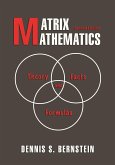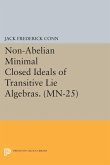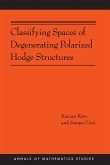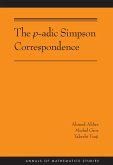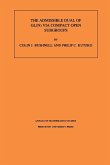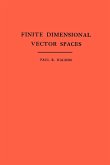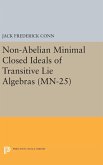This book introduces a new class of non-associative algebras related to certain exceptional algebraic groups and their associated buildings. Richard Weiss develops a theory of these "quadrangular algebras" that opens the first purely algebraic approach to the exceptional Moufang quadrangles. These quadrangles include both those that arise as the spherical buildings associated to groups of type E6, E7, and E8 as well as the exotic quadrangles "of type F4" discovered earlier by Weiss. Based on their relationship to exceptional algebraic groups, quadrangular algebras belong in a series together with alternative and Jordan division algebras. Formally, the notion of a quadrangular algebra is derived from the notion of a pseudo-quadratic space (introduced by Jacques Tits in the study of classical groups) over a quaternion division ring. This book contains the complete classification of quadrangular algebras starting from first principles. It also shows how this classification can be made to yield the classification of exceptional Moufang quadrangles as a consequence. The book closes with a chapter on isotopes and the structure group of a quadrangular algebra. Quadrangular Algebras is intended for graduate students of mathematics as well as specialists in buildings, exceptional algebraic groups, and related algebraic structures including Jordan algebras and the algebraic theory of quadratic forms.
Hinweis: Dieser Artikel kann nur an eine deutsche Lieferadresse ausgeliefert werden.
Hinweis: Dieser Artikel kann nur an eine deutsche Lieferadresse ausgeliefert werden.


